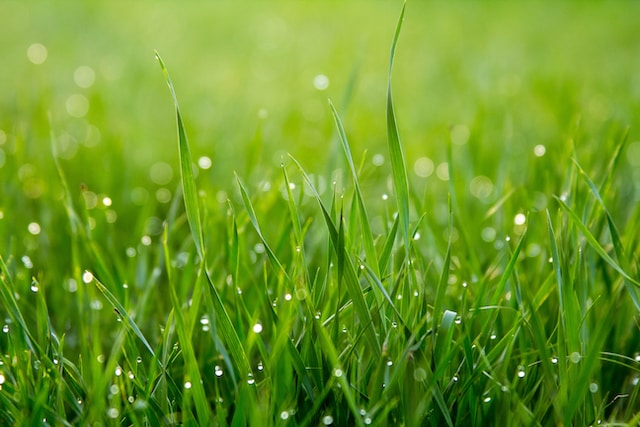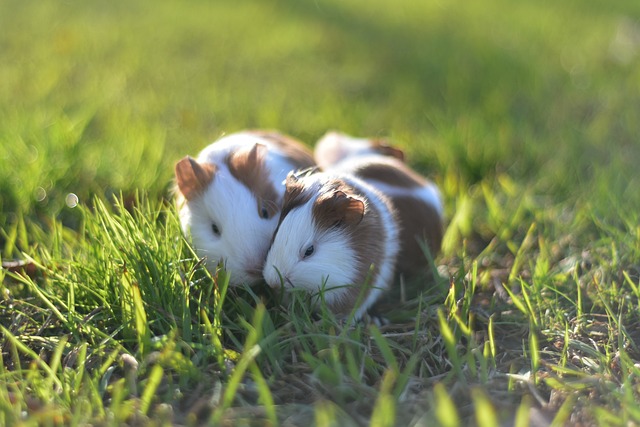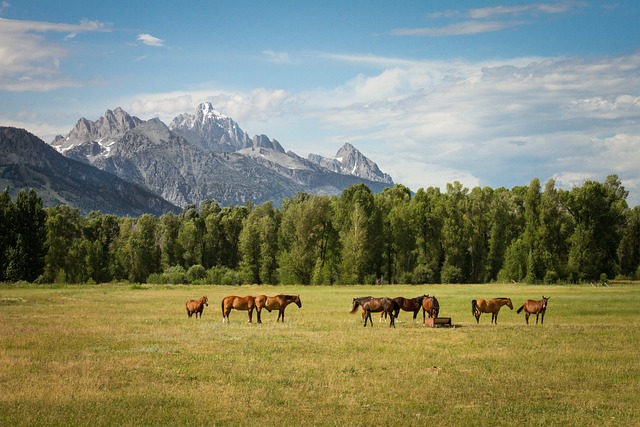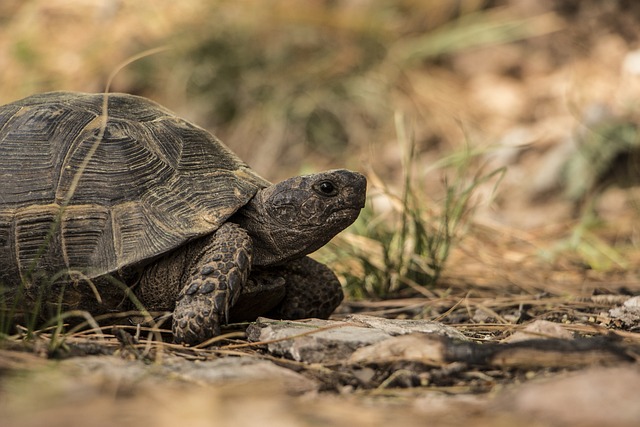Can Hamsters Have Grass?
If you recently fed your hamster grass or caught them nibbling away on grass, don’t panic. Hamsters can eat grass, although with a major caveat: only in moderation.
Read on to see exactly how grass might affect your little pet.
- Can Hamsters Have Grass?
- Grass Nutritional Information
- Is Grass Good For Hamsters?
- How often should you give your hamster grass?
- Are there potential risks associated with feeding hamsters grass?
- How Can You Make it Safer for Your Hamster to Eat Grass?
- Are there potential benefits associated with feeding hamsters grass?
- Do Hamsters like grass?
- Recap:
- Frequently Asked Questions (FAQ): Can Hamsters Eat Grass?
Grass Nutritional Information
Grass is a plant, so why don’t humans and many other animals eat it regularly? Doctors recommend we eat lots of plants and vegetables, so why exactly isn’t it a part of most of our diets?

In actuality, grass (especially wild grass) does have nutrients – it has vitamins A, C, and some B vitamins, as well as several minerals. However, it also contains something called lignin, and a lot of it. Humans can process lignin in small qualities, but grass contains so much that it usually passes through without giving any nutrients. Meanwhile, other animals like cows, with their famed multiple stomachs, are able to eat grass and thrive on it.
Is Grass Good For Hamsters?
Although many animals can thrive on diets consisting largely of grass (see a full list of animals that eat grass here), for many animals including hamsters and humans, grass isn’t a viable source of sustenance.
Why? This is just the genetics of a hamster’s body – namely, that they do not have a highly developed cecum. This is a scientific way of saying that the hamster’s body is not designed to break down and extract nutrients from grass the way other animals, like deer or rabbits, can.
How often should you give your hamster grass?
Like all things, in moderation. If you do feed your hamster grass, make sure to wash it thoroughly, especially if you suspect pesticides or other harmful chemicals to be present.
As well, the amount and frequency of grass you give depends on the age of your pet. If you’re feeding a baby, do not give any grass at all. It’s risky and their stomachs might not be strong enough at this point to withstand it without a negative reaction. If you’re feeding an adult hamster, a few (one to four) blades of cleaned grass is enough.
As stated before, always be sure your little pal is getting a balanced diet of hamster food.
Are there potential risks associated with feeding hamsters grass?
Yes. If hamsters have too much grass, especially all at once without ever eating grass prior, they can get sick and either vomit or diarrhea, or both. This is especially likely if the grass or plants outside have been treated with chemical pesticides.
If this happens, cease giving them grass at once and give them a diet of healthy mixed grain. This is Amazon’s top hamster food and will have all the nutrients your little pet needs.
If your hamster is having a severe adverse reaction to eating grass and it doesn’t stop after they’re back on normal food, take them to see a vet.
How Can You Make it Safer for Your Hamster to Eat Grass?
- Wash the grass thoroughly.
- If you know the grass has pesticides or herbicides, do not feed it to your hamster.
- Do not feed them grass that has mold or fungus.
- Introduce grass to them slowly, perhaps half a blade of grass the first time.
Are there potential benefits associated with feeding hamsters grass?
Hamsters need to nibble on things to keep their teeth healthy, so grass could be good for this sole purpose. Again, and I know I’m beating this drum hard, in moderation.
Do Hamsters like grass?
Judging from my previous hamsters, they do enjoy nibbling on grass. It feels good for their teeth and doesn’t taste bad! However, just make sure to supervise them so they don’t over-do it. Remember, no grass for baby hamsters and four blades of grass max for adults.
Recap:
- Hamsters can eat grass, in moderation.
- Baby hamsters should not eat grass, adults can have maybe 4 blades of grass at one time, max.
- There’s no real nutritional value of grass to hamsters, however it is good for their teeth to nibble on things, in general.
- Make sure to wash your grass thoroughly!!
- Introduce grass to their diet slowly.
Frequently Asked Questions (FAQ): Can Hamsters Eat Grass?
What can hamsters eat? A list of healthy alternatives:
-
- Lettuce
- bell pepper
- pumpkin
- celery
- parsnip
- broccoli
- broccolini
- zucchini
- sweet potato
- tomato
- carrot
- carrot tops
- romaine
- beets
- beet tops
- arugula
- Sprouts
This is by no means an exhaustive list. Hamsters can essentially eat every fruit and vegetable that humans can, but make sure to introduce new foods slowly to test any possible reaction.
What can hamsters not eat?
Below is a non-exhaustive list from my vet of things to never feed your hamster:
- Bitter almonds
- Celery (choking hazard)
- Raw or fried potatoes
- Shallots, leaks,anything in the onion family (could be toxic)
- Kidney beans (especially uncooked)
- Refined sugar
- Anything spicy
- Tomato leaves and stems (can be toxic to hamsters)
- Other animal’s food – this includes cat or dog kibble, which is specifically designed for a certain animal
- Caffeine
- Weight gain (can cause unnecessary weight gain and other issues)
- Can hamsters eat human food
Refer to the above list of foods that hamsters can and can not eat. Most fruits and vegetables are fine, but always be sure to wash them thoroughly beforehand.
If you have any questions, feel free to email me!
Related articles:



